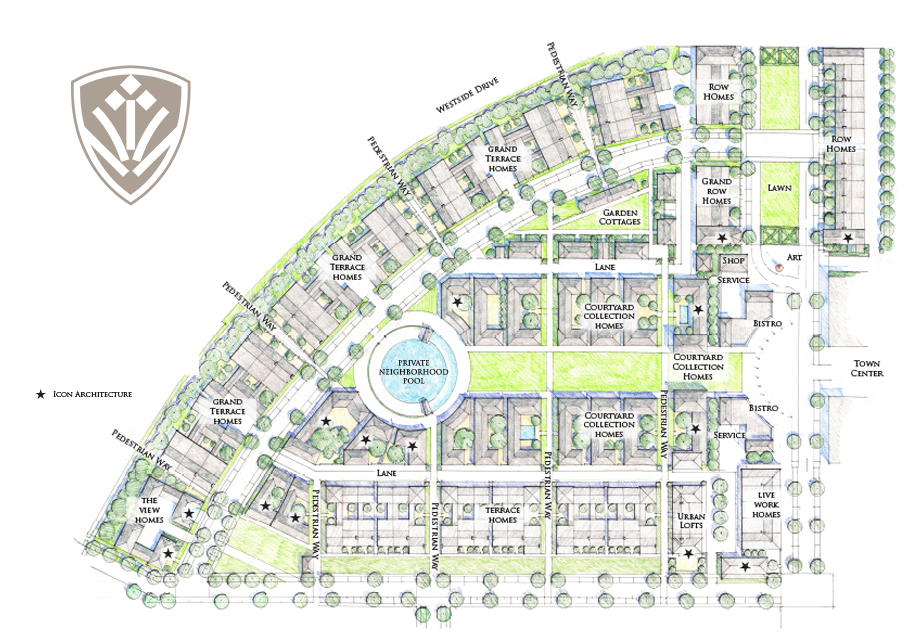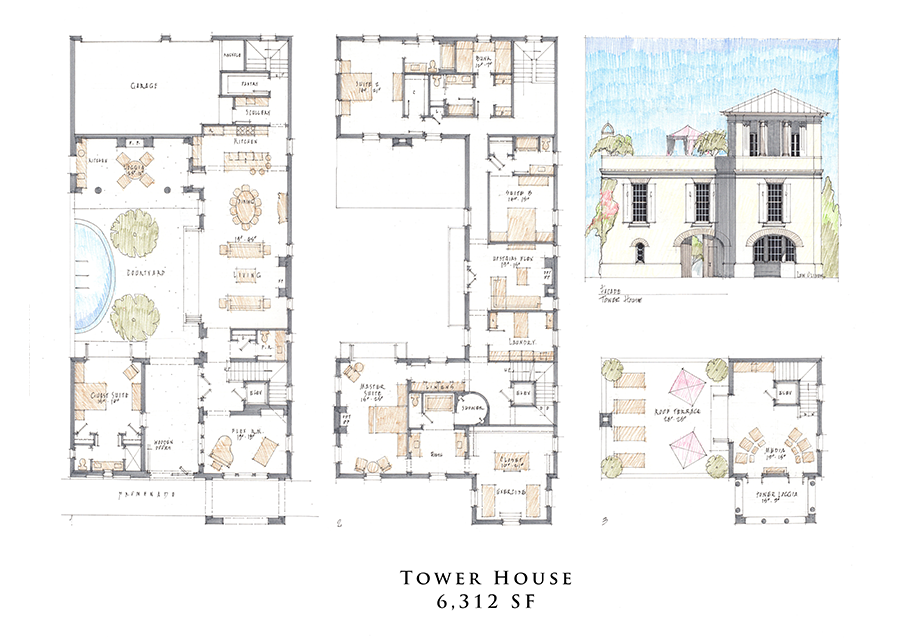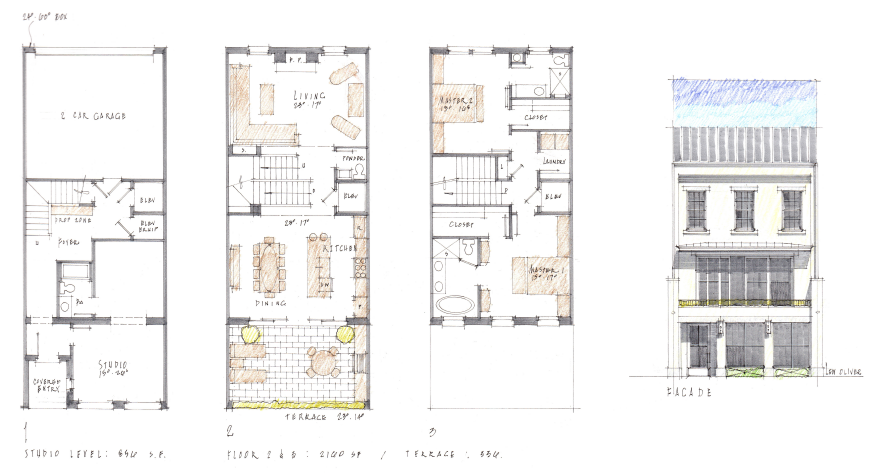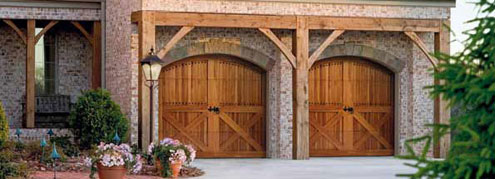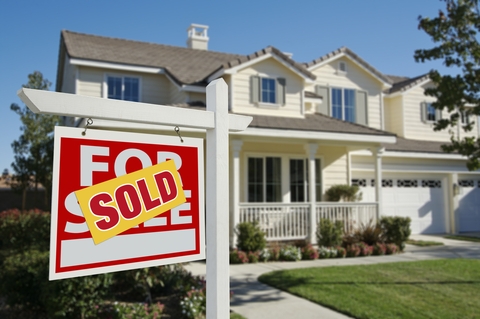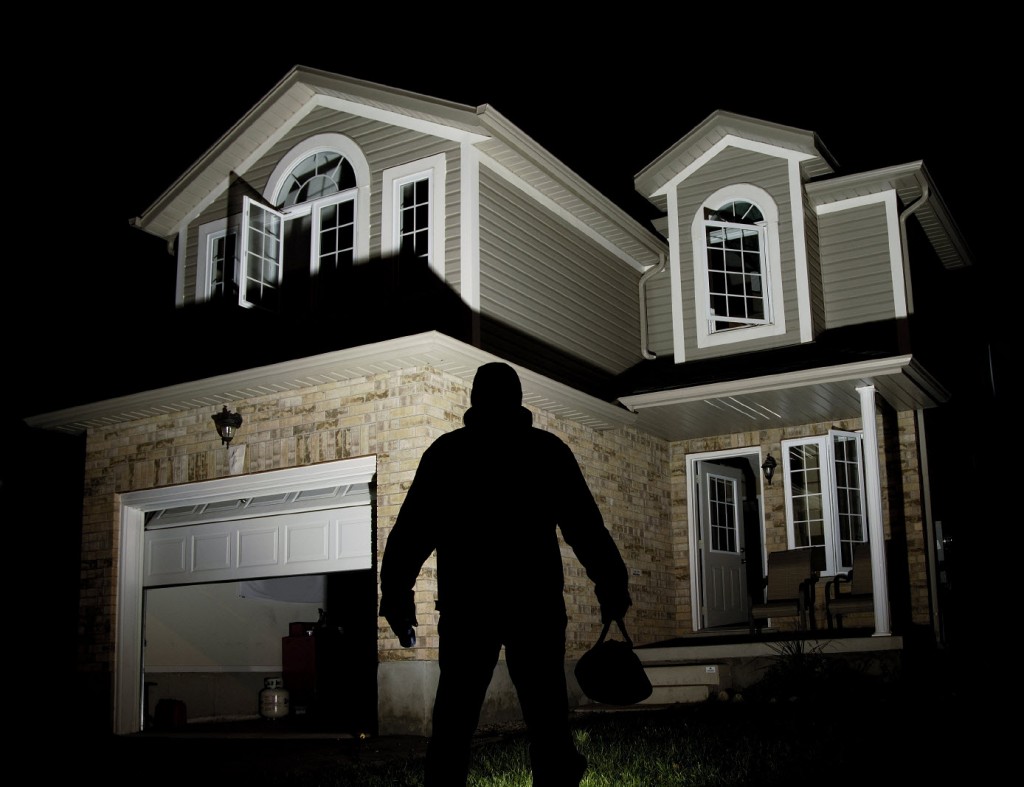 There is little that is more important than feeling secure in your own home. While we can only control a small bit of the world around us, here’s some basic information to keep a home safe.
There is little that is more important than feeling secure in your own home. While we can only control a small bit of the world around us, here’s some basic information to keep a home safe.
The goal of securing your home is two-fold: protecting your possessions, but also protecting the people who live there. Security professionals advise “deter, detect and delay” tactics. These 10 tips cover a lot of ground, so keep them in mind and you will be well on the road to greater peace of mind.
1. Check your doors, windows and all locks: Deadbolts and secure, steel outer doors are important, as are secure windows that lock. A huge majority of burglaries are no-force entries, where culprits gain access to your home through an unlocked window or door, so check them frequently. Keep trees and shrubbery trimmed to prevent access to windows and decks on upper floors. If a door or window is in an out-of-the-way place that is easily accessible, consider securing it with bars or an outer security door. Simply placing a piece of wood in sliding glass doors or windows can prevent entry. Automatic garage door openers ensure that access to your garage is controlled. Studies show that the more difficult it is to enter the home, the greater the chances are that the burglar will move on.
2. Have adequate lighting: On the outside of your home, lighted entryways and flood lights with motion sensors ensure that everyone, including you and your neighbors can see who is entering your abode. However, care must be taken to replace burned out or disabled bulbs, and to place such that there is minimal annoyance to neighbors. Inside your home, ensure that there is adequate lighting so intruders are easily visible.
3. Create limited entries with a perimeter and gate: Gates and fences can provide a feeling of stable security or of paranoia, depending on how they are used. Tasteful fencing can create a feeling of “place” that provides a positive look and feel to your home, while also adding a deterrent and a delay to criminals. Limiting vehicular traffic to your property and creating barriers to individual entry make your valuables more difficult to remove, and cameras at these points of entry can more effectively capture any activity.
4. Be a friendly and observant neighbor: Neighborhoods with a “community watch” where each person is looking out for the next provide a sense of security. Generally people know each other and who lives where. This activity makes it easier to talk about crime and helps homeowners to solve problems. Let neighbors know that you are crime conscious, and encourage them to be so, too. Provide your neighbor with contact information if you are leaving on vacation so that they can be in touch should there be unusual or unexpected activity around your home.
5. Be discreet: While you do want neighbors to be informed to some degree, advertising more widely that you will be away from your home is less desirable. When seeking to find a house sitter or pet sitter, avoid advertising the dates of your travel. With an increase in social media and local email lists, people who are outside of your immediate circles could gain access to your plans and make use of that information.
6. Put on a good show: When you are going to be away from home for any period of time, one deterrent might be to make it look like someone is home. Often people who break in are simply looking to steal valuable items and prefer not to encounter people at all. Keep shades as they would normally be open or closed, and use timers to control lights and even music. Increasingly, “smart home” technology can enable homeowners to control the environment from a distance. Consider stopping deliveries or better yet, have someone stop by daily or stay in the home to pick up mail and newspapers, and to check on the house while you are gone.
7. Get a dog: In addition to companionship, a dog could be an excellent deterrent to a burglar. Barking serves as an alarm, helping to detect an intruder as well, but often seasoned criminals know how to deal with dogs by feeding them treats (sometimes laced with poison) or locking them in a room. Still, this added unknown might keep a less determined stranger away.
8. Get a security system: There are many types of systems with and without monitoring available. Some produce loud alarms that are designed to alert neighbors, others are silent and contact police. With the advent of inexpensive cameras, homeowners can set up video surveillance as well. While it is good to have a system in place and to post that a system is in use, beware of giving away too much information so that criminals don’t know which system they are dealing with. Typically these systems monitor entries, but many also include motion sensors. Using these systems requires some understanding on the part of the homeowners so that false alarms are not triggered. Also note, these systems require power to run, so during power outages unless there is a backup power source they will not be functional and other preventative steps will be required.
9. Get a safe: Using a home safe to secure valuables, guns and ammunition is an excellent idea. Consider using it to store important paperwork, like deeds, wills, other legal documents, social security cards, passports, as well as computer backups and photos. While safes are often quite heavy, ensure that they are bolted down so they might not be easily stolen in their entirety. Safes can also provide critical “delay time” – enabling police to arrive before the contents are looted.
10. Don’t leave your keys around: If a burglar sees a car in a garage or driveway and the keys are present, the temptation might be too much. In fact, you might be providing a vehicle to take more items than the burglar was intending to originally take! Keys to additional homes or properties are invitations, as well. Have a place for keys that is not well known or easily seen.
Having an eye for security can be like a game. The winning move is to create a home that provides you with a real feeling of security because you have addressed the issues. It isn’t paranoid to “think like a criminal” and imagine that your home is full of valuables. Take the time to follow these tips, and you can deter, detect, and delay crime in your home.
Marie Dinsmore, Certified Luxury Home Marketing Specialist
The Dinsmore Real Estate Team | www.dinsmoreteam.com
Marie@DinsmoreTeam.com | 770-712-7789
